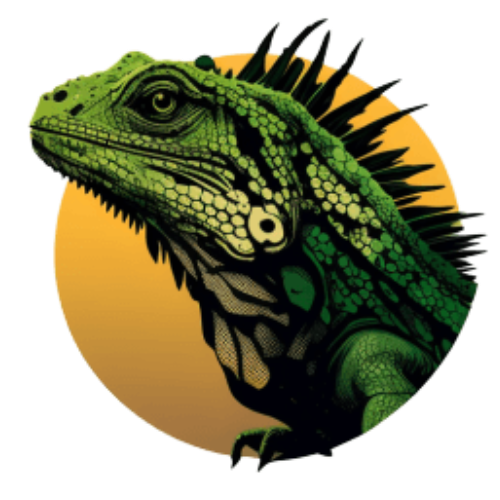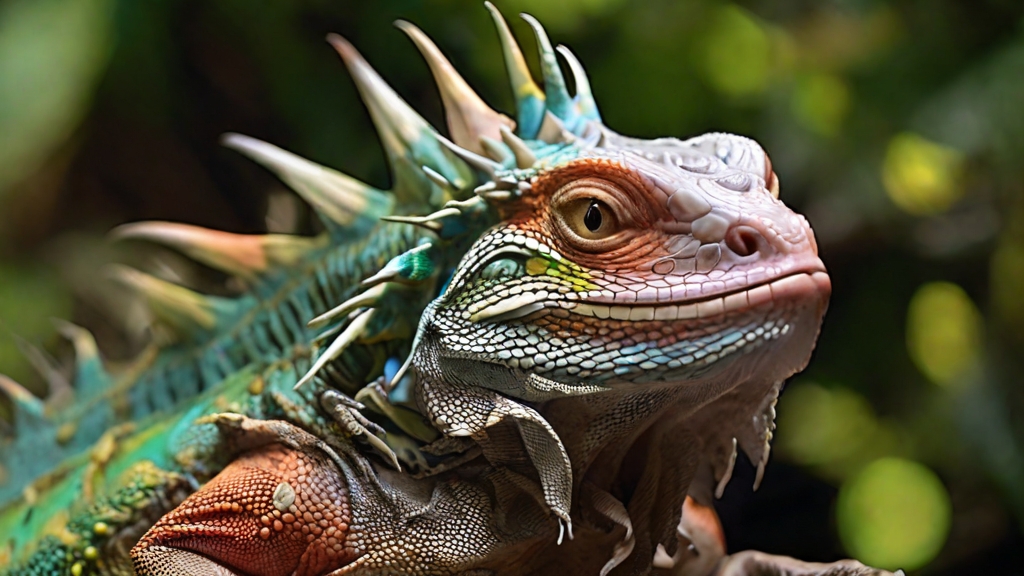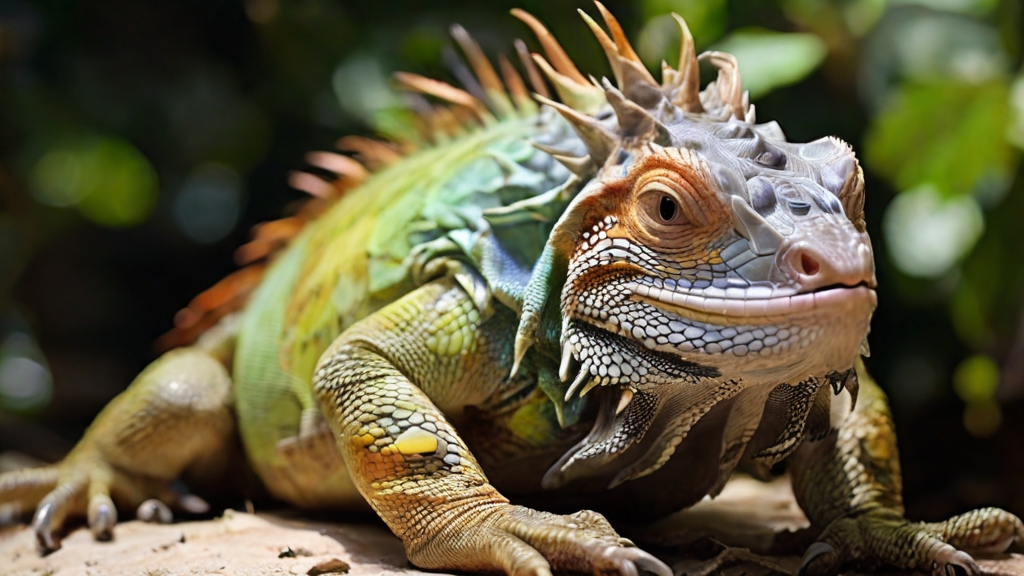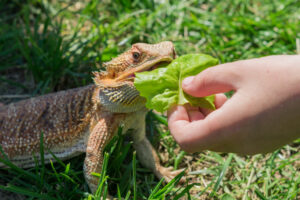When it comes to the diet of iguanas, their omnivorous nature is often a topic of interest and curiosity. Understanding what these fascinating creatures eat is crucial for their health and well-being, whether in the wild or in captivity. In this article, we will delve into the various aspects of the iguana diet, shedding light on their primary food sources, the importance of a balanced diet, and the essential nutrients they require.
Understanding the Diet of Iguanas
Omnivorous Nature of Iguanas
Iguanas are classified as omnivores, meaning they have the ability to consume both plant-based foods and animal protein. This versatility allows them to adapt to different environments and obtain the necessary nutrients for their survival. While they primarily feed on plants, iguanas also consume insects, small vertebrates, and eggs, especially during their early stages of development.
What Do Iguanas Eat in the Wild?
In their natural habitat, iguanas have a diverse diet that includes a wide range of plant material. They primarily consume leaves, flowers, fruits, and shoots from various plant species such as hibiscus, mulberry, and dandelion. Additionally, they may also feed on grasses, algae, and cacti. This plant-based diet provides them with essential vitamins, minerals, and fiber necessary for their overall health.
Plant-Based Diet: The Primary Food Source for Iguanas
The majority of an iguana’s diet consists of plant-based foods. These herbivorous tendencies stem from their evolved digestive system, which is designed to break down and extract nutrients from plant material efficiently. Feeding your iguana a variety of leafy greens, vegetables, and fruits is crucial to meet their nutritional needs. Some recommended options include collard greens, turnip greens, bell peppers, and strawberries.
Animal Protein: A Vital Supplement for Iguanas
While iguanas are primarily herbivorous, they do require a small amount of animal protein in their diet. This protein can be sourced from insects, such as crickets or mealworms, as well as small vertebrates like mice or pinkie rats. Animal protein provides essential amino acids that contribute to muscle growth, development, and overall well-being. However, it is important to note that the proportion of animal protein in an iguana’s diet should be significantly lower compared to plant-based foods.
A Balanced Diet: Crucial for Iguana Health
Maintaining a balanced diet is essential for the health and longevity of iguanas. A well-rounded diet should consist of approximately 80% plant-based foods and 20% animal protein. This ratio ensures they receive the necessary vitamins, minerals, fiber, and protein to thrive. Additionally, providing a variety of food options helps prevent boredom and encourages natural foraging behaviors.
Essential Nutrients: What Iguanas Need in Their Diet
When planning an iguana’s diet, it is important to consider the essential nutrients they require. These include calcium, phosphorus, vitamin D3, and beta-carotene, among others. Calcium is crucial for proper bone development and muscle function, while phosphorus aids in energy metabolism. Vitamin D3 is necessary for calcium absorption, and beta-carotene supports healthy eyesight. Supplementing their diet with calcium powder and UVB lighting are essential for meeting their nutritional needs.
The Impact of Diet on Iguana Growth and Development
A well-balanced diet plays a fundamental role in the growth and development of iguanas, especially during their early stages of life. Insufficient or imbalanced nutrition can lead to metabolic bone disease and other health issues. Providing proper nutrition from the beginning is crucial for setting a strong foundation for their overall well-being.
Feeding Iguanas in Captivity: Guidelines and Considerations
When feeding iguanas in captivity, it is important to replicate their natural diet as closely as possible. Providing a variety of fresh and organic foods, along with appropriate supplementation, is key. Additionally, ensuring access to clean water at all times is essential, as dehydration can lead to serious health complications.
Common Mistakes to Avoid when Feeding Iguanas
When it comes to feeding iguanas, there are a few common mistakes that should be avoided. One of the main ones is overfeeding, which can lead to obesity and associated health problems. Another mistake is relying solely on commercial iguana diets, as they often lack the necessary nutrients and variety. Additionally, feeding inappropriate foods like iceberg lettuce or high-fat treats should be avoided.
Conclusion: The Omnivorous Diet of Iguanas Unveiled
In conclusion, iguanas are indeed omnivores, capable of consuming both plant-based foods and animal protein. However, their primary food source consists of various plant materials, while animal protein serves as a supplement. Providing a balanced diet that meets their nutritional needs is vital for their well-being, growth, and development. By understanding the importance of a diverse diet and proper supplementation, iguana owners can ensure their pets lead a healthy and fulfilling life.




